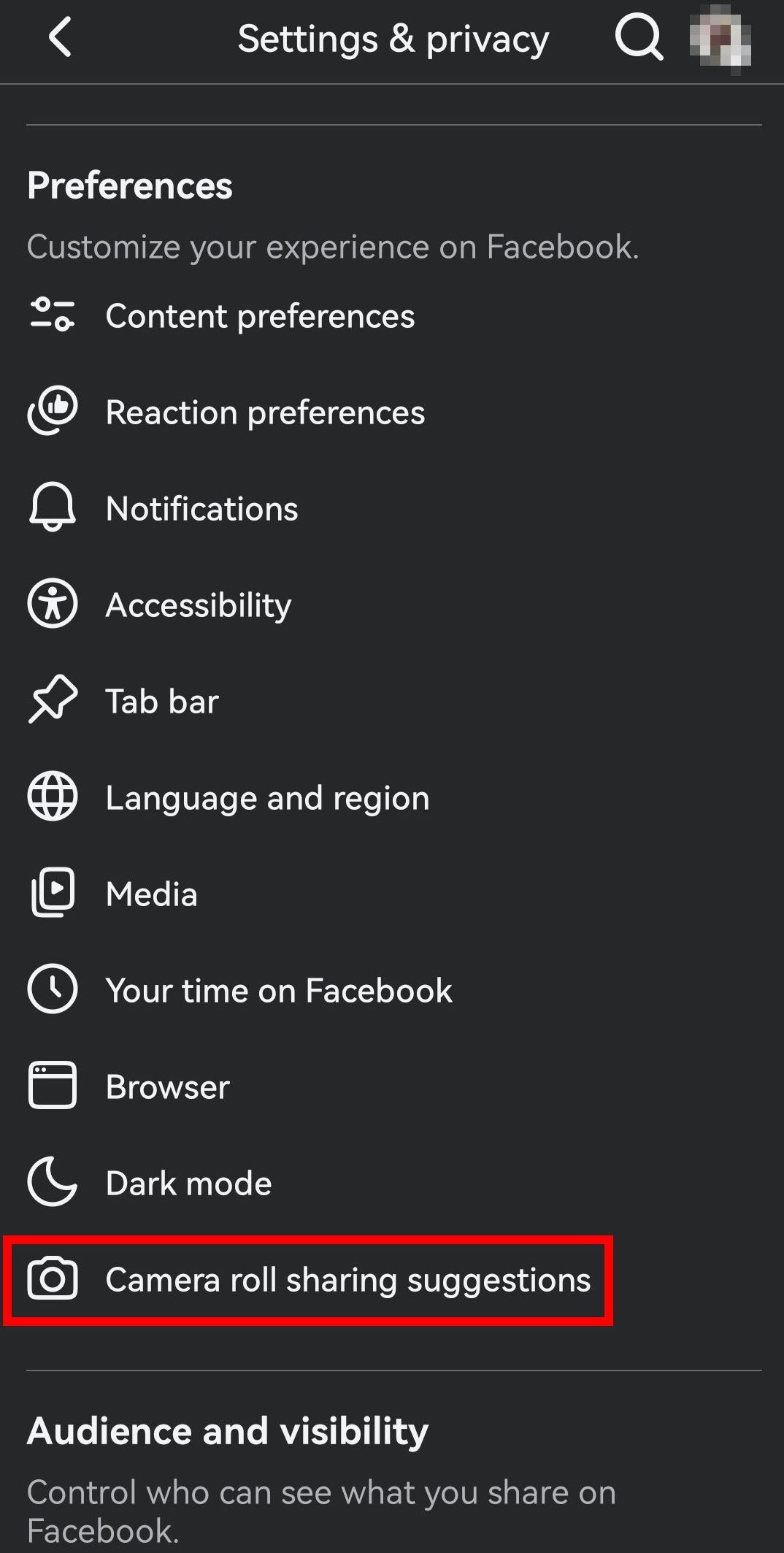Meta AI could be scanning your private photos right now.
Here’s the backstory: Meta is quietly testing a new feature on iOS and Android that scans your camera roll for Facebook. A popup framed as a consent request for “cloud processing” uses your camera roll photos and videos to generate AI-powered collages or recaps. It also suggests photos and videos from your device that you haven’t posted yet but might be interested in sharing on your Facebook feed. Some users say they discovered these settings already enabled(nové okno) — without ever seeing the popup or giving explicit consent.
This isn’t the same as Meta scraping public posts to train its AI(nové okno). This time, the company is reaching into content stored only on your device, blurring the line between local storage and Big Tech surveillance, data mining, and AI training. While Meta isn’t the first company to use your photos without regard for your privacy, granting it access to your camera roll expands how much of your private life becomes fuel for machine learning.
And because AI can’t distinguish what’s depicted in a photo before analyzing it, the company would need to scan everything in your camera roll. That means your IDs, medical and financial records, or intimate moments are all at risk of being scanned, retained, and shared.
How Meta taps into your camera roll
When opening the Facebook app on Android or iOS, a popup may ask you: “Allow cloud processing to get creative ideas from your camera roll?” If accepted, the app will continuously upload photos and videos from your phone to Meta’s servers.
In Facebook’s app settings, two new toggles appear:
- Custom sharing suggestions, which allows Meta to use data from your camera roll — such as which videos you’ve favorited or when photos were taken — to pre-assemble edits with music, transitions, and effects
- Camera roll suggestions while browsing, which surfaces photos and videos from your phone directly in your Facebook feed as reminders to share them
Meta retains access to your camera roll once this feature is active, whether or not you ever interact with its suggestions. The most troubling part is that some users report seeing at least one of these toggles enabled by default — without their explicit consent.
What can Meta AI do with your private photos and videos
According to Meta’s AI privacy policy(nové okno), the company may analyze your images — including facial features — using AI. That extends to anyone in your photos, such as children, friends, or people who never agreed to give Meta this level of access.
The terms also make clear that your personal and sensitive information can be used to improve Meta’s AI models. The company reserves the right to share this data with third parties, who can then handle it under their own privacy policies. Once your photos are uploaded, you lose control over how they’re analyzed, retained, and reused. And while the cloud processing popup reassures that your media won’t be used for ad targeting, that promise is absent from the privacy policy.
Transparency remains the bigger issue. If Meta truly wanted you to trust how your private photos and videos are handled — especially when AI training on personal photos is under heavy scrutiny — it would spell out exactly what happens to that data at Facebook.
How to check your camera roll settings
Here’s how you can check if Meta is scanning your camera roll:
- On Android or iOS, open the Facebook app.
- Go to Settings & privacy → Settings → Camera roll sharing suggestions.

- Check the toggles at Custom sharing suggestions from your camera roll and Get camera roll suggestions when you’re browsing Facebook. If you don’t want to give Meta access to your camera roll, make sure the toggles are off.

If you’re also concerned about your data being used to train Meta’s AI models, find out how to turn off Meta AI on Facebook.
Keep your photos and videos private with Proton Drive
Stories like Meta’s smart glasses being turned into a facial surveillance tool highlight just how quickly private images can become tools for exploitation once they’re accessible. That’s why Proton is built on the principle of minimizing data collection at every step — because the best way to stop these abuses is to make sure the data never falls into the wrong hands in the first place.
With Proton Drive, you can back up your camera roll and other private folders to secure cloud storage. Because everything is encrypted end to end — including metadata — no one but you and the people you choose can see your private photos and videos. Not even us. That also means no one can infer sensitive details from your photos based on EXIF data, like where your child goes to school or where you live.
You can access your files securely from anywhere using the Drive mobile app for iOS(nové okno) and Android(nové okno).
Unlike platforms like Meta that mine your data to train AI or share it with third parties, Proton is 100% funded by our subscribers, so we’ll never target you with ads.
Get started with 5 GB of free storage today — enough for about 1,000 high-resolution photos — and keep your most important memories safe and private.






